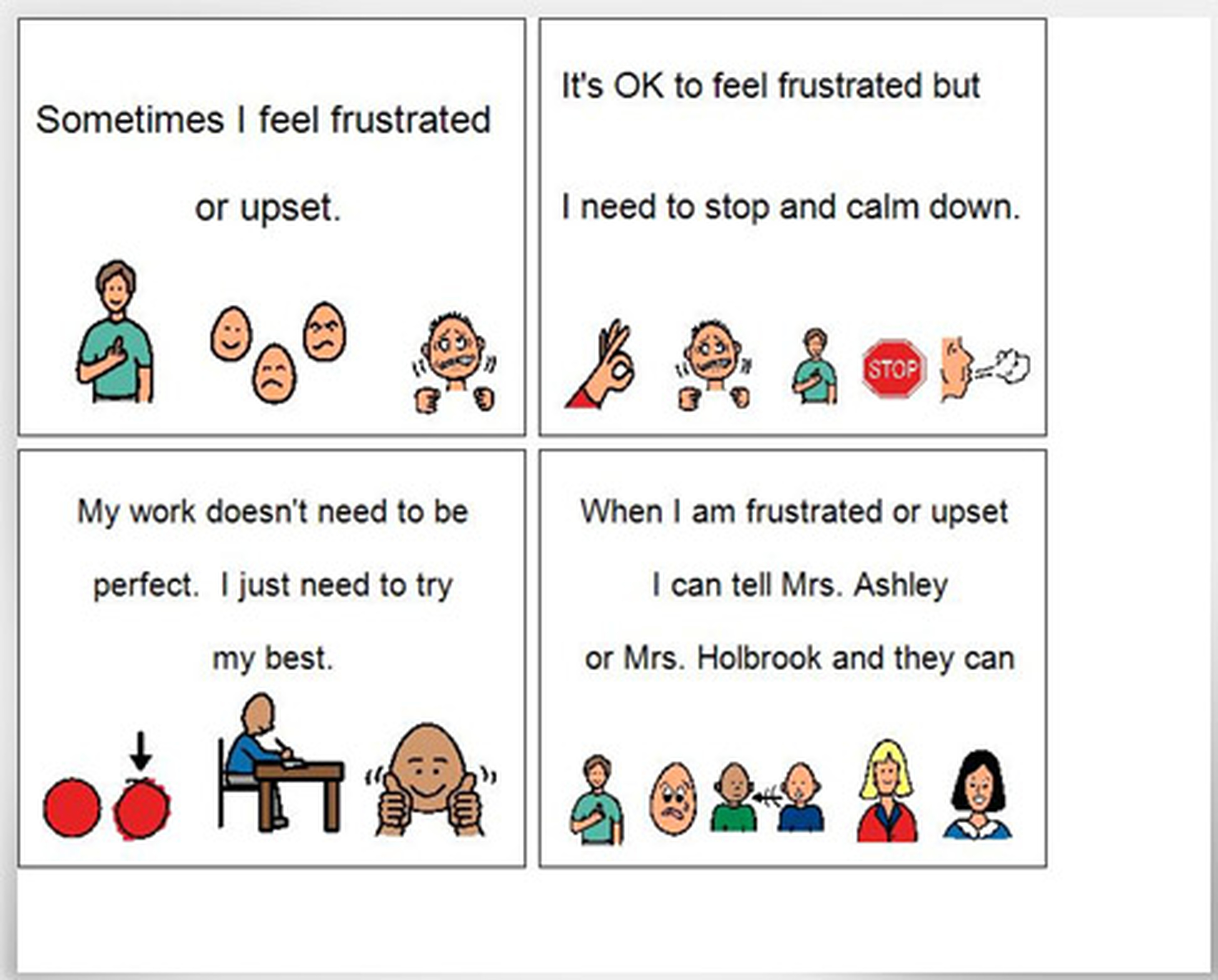A lot of us may face difficulties in understanding social situations, especially those who are living with FASD or Fetal Alcohol Spectrum Disorder. That’s why we are grateful for the existence of Social Stories, and today, we want to share them with you.
Here’s a Social Story for You
 Take a look at the image above. This is an example of a Social Story that is included in the FASD Toolkit. The FASD Toolkit is a resource filled with information and strategies for those who are living with FASD, their parents, and caregivers.
Take a look at the image above. This is an example of a Social Story that is included in the FASD Toolkit. The FASD Toolkit is a resource filled with information and strategies for those who are living with FASD, their parents, and caregivers.
A Social Story is a brief and personal story that describes a social situation. It can be used to help individuals with FASD develop better social skills and understanding. Social Stories are designed to be read several times by the individual to enhance learning and retention.
Let’s Break It Down
Now, let’s analyze the Social Story above. It features a boy sitting alone at a table in a school cafeteria while kids around him are talking and laughing. The boy thinks they are laughing about him.
Then, the story shifts to a positive note as a teacher approaches the boy, and we learn that the kids were not laughing at him but about a joke they heard earlier.
The Social Story teaches the boy the importance of speaking up when feeling left out and that not everything that happens around him is about him.
Why Are Social Stories Important?
Individuals with FASD often face difficulties in social situations. They may struggle to understand social cues and body language or face challenges in emotional regulation. Social Stories can help them develop better social skills and understanding.
Moreover, Social Stories are personal, brief, and easy to read. They are designed to be read several times to enhance learning and retention. As individuals with FASD often struggle with memory and learning, Social Stories can provide them with the repetition and clarity they need to improve their social skills.
Wrapping Up
We hope this quick guide about Social Stories, the FASD Toolkit, and how they can help individuals with FASD develop better social skills has been helpful. Remember that Social Stories are only one of the many resources available to individuals with FASD. Don’t hesitate to seek professional help and advice when needed.
Finally, let’s spread the word about the importance of understanding FASD and how we can support individuals with it.